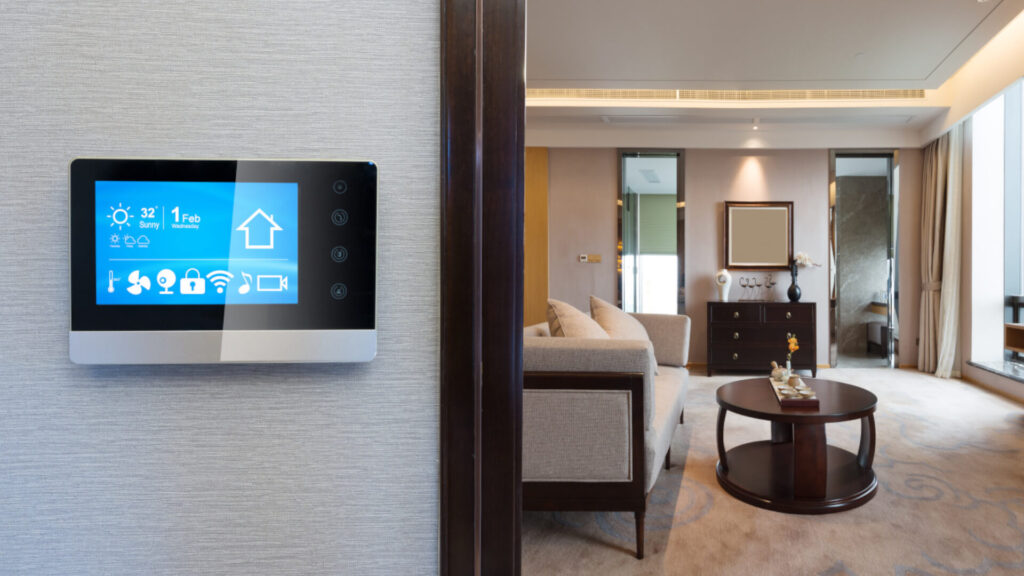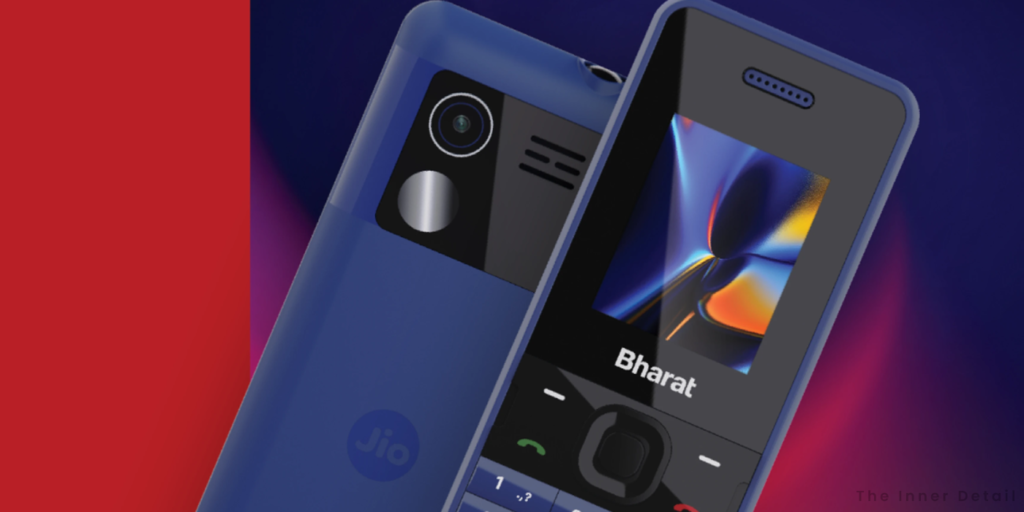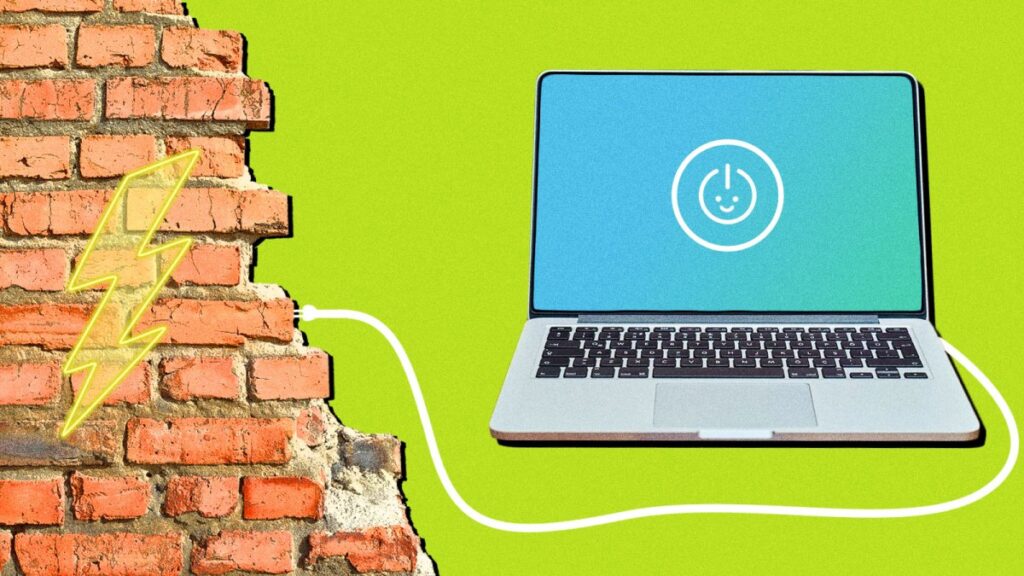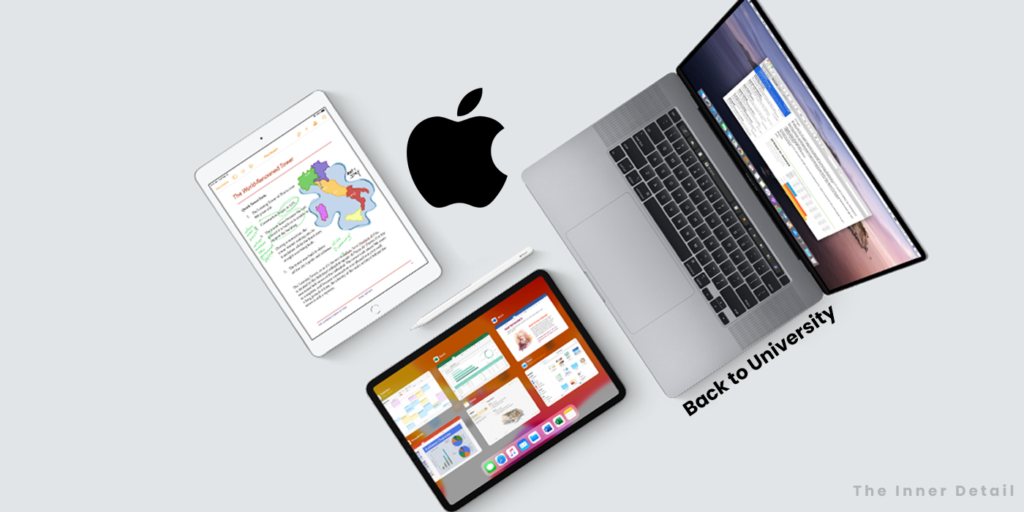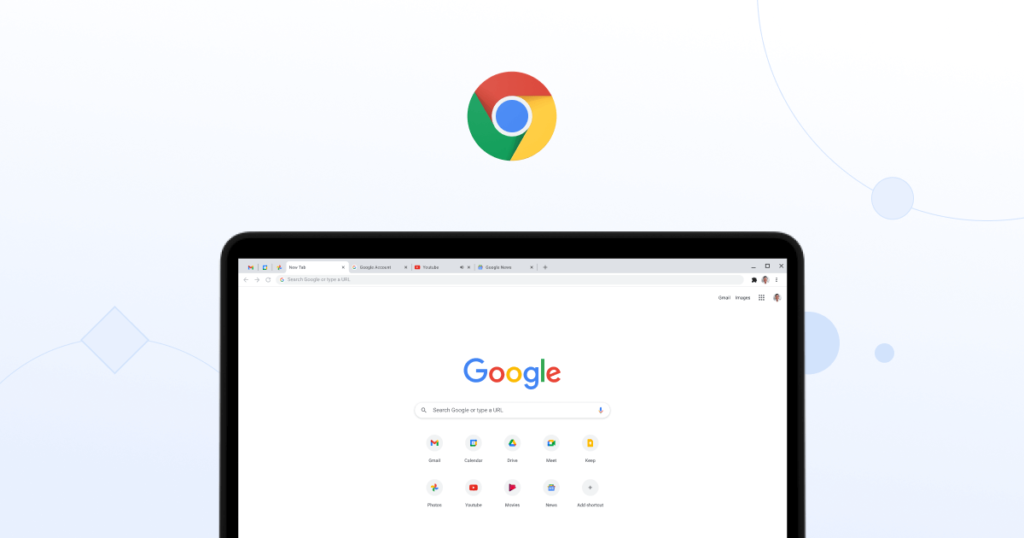Currently in its testing and development phase, the next big-thing that gonna happen to this tech-influenced world is ‘Smart Home’. Everything around you have achieved this ‘smartness’ now, but individually or with simple connections. Say Smartphone connects to your smartwatch or smart-TV, but singly. Smart Home takes this approach to serve a family-like attachment to all the devices existing in the home – all will have interlinkages with all others in the home. Keyline of the smart-home aims though. However, smart-home doesn’t stop there; And its still more way to go, in energy-saving and management, incorporating other fields like solar, which collectively affects your monthly billings to a great positive extent, that is what the next few headings down here, will elaborate.
Smart Home
Smart Home is a quiet simple concept to explain, demanding a lot of backend works though. ‘Smart’ refers to efficacy, communication and connectivity and thereby, the appliances, electronic devices and your gadgets form a network, providing an easy and proactive way to automate your home. This wireless sensor network technology not just comforts your home but also responsible to enhance scalability of the system.
Its main objective is to provide people with an efficient, comfortable, safe, convenient and environment-friendly living environment integrating system, service and management.
Smart home doesn’t stop here to serve its kind. The smartness of the home extends a little more to efficient management of power and saving it, in an unattempted way of saving your money. In simple words, you will know what appliance is using this much power & methods to reduce the usage, with no touching of your comfort.
Key Components of Smart Home energy
Power Information & Management
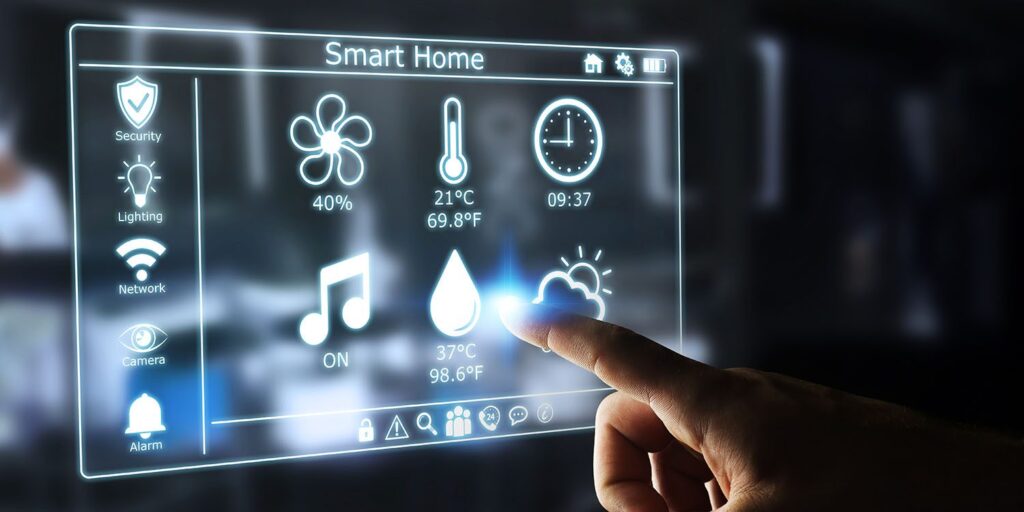
Smart home’s prime endeavor is efficient managing in the backend, besides connectivity. Smart meter correlates your real-time electricity usage with grid operation and electricity policy of the government. Electricity system is becoming more of a two-way thing, and smart-meter acts as an interface between customers and systems.
Via an app, every day’s home-power usage is displayed and could be expected to suggest healthy power tips.
Connected Intelligence
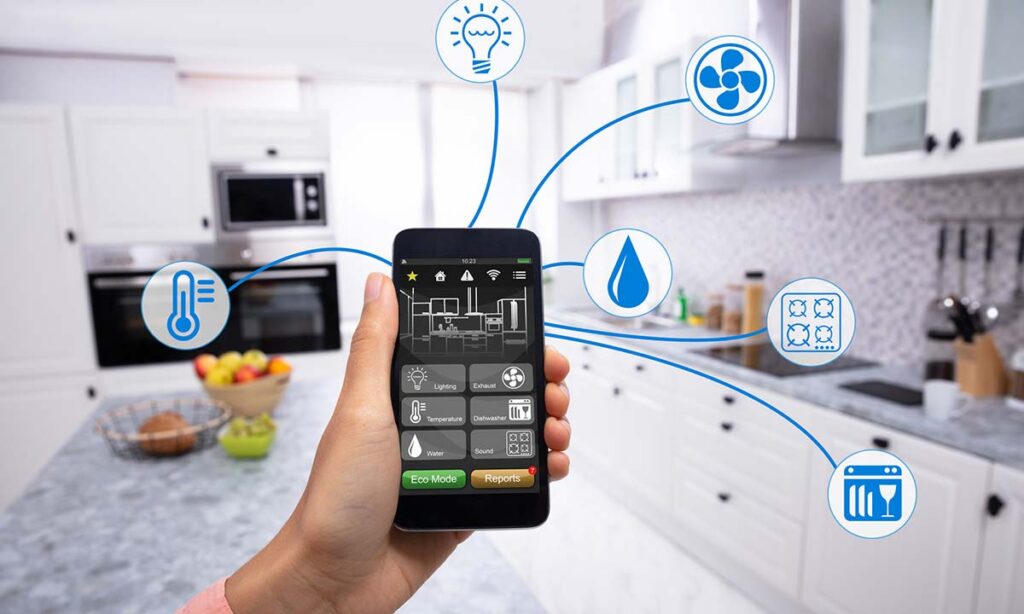
In addition to smart meters themselves, Pilgrim Beart, CEO and co-founder of IoT service management platform DevicePilot, accentuates the role of embedded intelligence within devices and connected intelligence when it comes to the complete outlook of smart home energy.
“There might be a very specific reason for connecting building intelligence into something. But once it’s there, it’s now a connected device and then it can start to interact with all sorts of other devices,” Beart says.
Home photovoltaics – Solar
Solar installation, though secured a different field, goes in hand with smart-home for its own fortuities. With rollouts of electric vehicles (EVs), the thing that’s rapidly taking off now is EV charging, and its terms of power and energy and hence, electricity could drink the usage.
Related Posts:
- Latest Solar Innovations that can change the world
- This Solar-panel no longer require Sunlight to produce electricity
As cutting down trees & pollution impacted the sun to shine more, solar promises to suffice your demands.
Smart appliances
Home connecting smart appliances and internet is what upgrades it to smart. Generally, every appliance that exist has become ‘smart’, starting from your TV in hall to washing machine, connects with your smartphone and discloses the details.
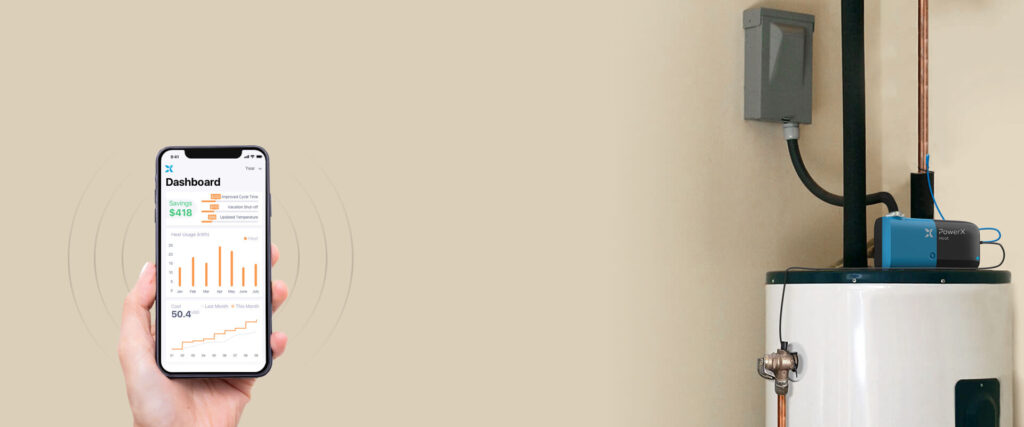
And while speaking of smart appliances, it wouldn’t be good to finish without mentioning Power X’s smart heater. This heater by Power X, a New York based startup is beyond heater, more or less a battery. Rendering you, the water usage and electricity usage, Power X also uses stores energy & use it the next time or times. In short words, Power X uses energy to heat up the water in its tank and it uses additional energy to maintain that heat. It can retain 94% to 98% of their energy every day and that’s where the battery comes into effect.
Read this: Devices work without any source of power – “WiFi- Backscattering”
And to consumer’s awe, this ability of Power X heater cut their power consumption by an average of 16.3% and 24.1% of water consumption. That’s great!
Future Home would be like
Words seem of no attraction than visual treat. Take a sip of smart home of future, presented in CES 2021!
A day in the Life of a Smart Home!
Challenges
The first and foremost hurdle is its prime factor ‘connectivity’. Collaborating all devices and gadgets into a network puts a connectivity or compatibility issue, mostly owing to one reason, not from the same brand. If you buy everything from the same manufacturer, then it does work together; we see that with Apple, for example. But as it’s not possible for homeowners to buy every appliance in their house from the same big appliance company, the industry has to find a way to use the same technical standards, so that appliances can talk to each other locally, in a tightly integrated system.
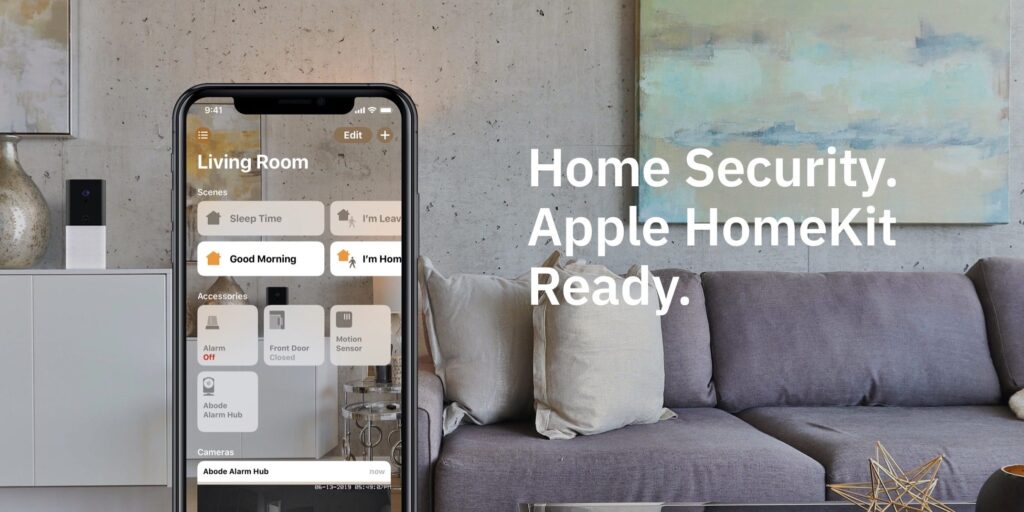
With the advent of smart home and integration of renewables, demand-side response will be the next evolution of power-industry. This means, consumers will be in the first place to decide their demand & pay for that, just as you subscribe to the network plan based on your demand, whether 50mbps or 100mbps or much more. But this again pose, ‘an actual price’ to value the electricity and it varies geographically.
“To provide a demand-side response is hard to do because to get a market going you need to put a price on it – how much it’s worth to the network. And until you can put a price on it, people may not want to join in. But it’s quite hard to find out how much value there is until you’ve got something going,”
Laying these features on its back, smart home takes it own time to refine itself to perfection and efficient working before hitting various region of the world. But no wonder, it could be a comforting treat for the mankind! (Maybe with little shortfall).
Related Posts:
- How Smart Speakers make your Life Smart?
- A day with Smart Contact Lens in future would be like!
- This Smartphone’s features can be upgraded by yourself!
References:https://www.digitaltrends.com/home/smart-homes-power-consumption-powerx-opinion/?utm_source=instagram&utm_medium=social&utm_content=socialorg_homehttps://www.power-technology.com/features/the-future-of-smart-home-energy/https://www.sciencedirect.com/science/article/pii/S1877050918305994
